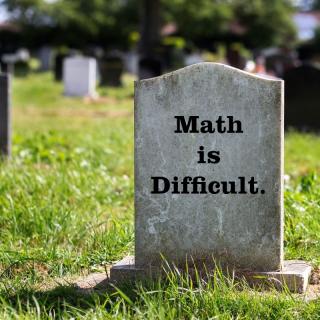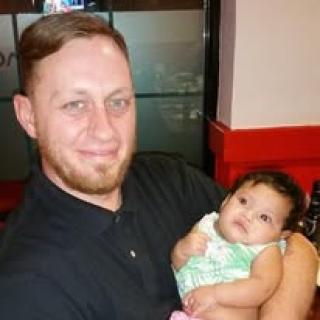Washington is girding itself for what will be an historic visit by Pope Francis this week. So many are expected to flock into the city that government employees are encouraged to work at home. The pope will address a joint session of Congress, celebrate mass, meet with the president and tend to the impoverished. He may meet with the low-wage workers who serve food to the senators and not just with the senators. He will then go to Philadelphia and New York, give an address on climate change and possibly celebrate mass on Wall Street.
Already the political crossfire has begun, with conservatives assailing the pope for not understanding modern markets. One columnist condemned him as a false prophet, standing against “modernity, rationality, science and … the spontaneous creativity of open societies.”
Republicans are outraged that at Laudato Si, the Pope’s stunning encyclical addressing our relationship to God’s creation of nature and calling on us to change our ways to meet the challenge of climate change. While the Republican presidential campaign has been fixated on building walls, the pope represents the voice of Jesus that calls for caring for the stranger on the Jericho Road. While conservatives worship Adam Smith and the marketplace, the pope scorns the false idol of materialism, rejects the “magical conception of the market.” “To claim economic freedom,” he wrote in the encyclical, “while real conditions bar many people from real access to it, and while possibilities for employment continue to shrink, is to practice a doublespeak which brings politics into disrepute.”
Liberals, on the other hand, shudder at the pope’s embrace of life and continued commitment to the church’s rejection of abortion. This pope has called for a “jubilee” that, among other things, offers greater forgiveness for those who have divorced or had abortions.
Francis is the first pope to come from the South, from Argentina in his case. He named himself after Saint Francis of Assisi, who, the pope noted, “lived in simplicity and in wonderful harmony with God … (showing) us just how inseparable is the bond between concern for nature, justice for the poor, commitment to society and interior peace.”
Without question, the pope’s visit will spark major political disputes, as partisans pick and choose phrases to club their opponents with. But the pope has no party. He carries the message of the Gospel, of Jesus born into poverty, who dedicated his ministry to the poor. Jesus taught us to come to the aid of the poor, to feed the hungry, welcome the stranger, care for the sick and visit the prisoner. We would be judged, he taught, for “whatever you did for one of the least of these brothers and sisters of mine, you did for me.” Jesus of Nazareth ministered to the poor, and that alarmed the rich and powerful, who reacted with fear and anger.
Pope Francis now offers the world a prophetic voice. We must not sacrifice people at the “altar of money” or worship the “golden calf.” He calls on us to amend our ways so we can meet the challenges of climate change, poverty, war and division.
The pope is grounded in the values of the Church, the teachings of Jesus. He is not a policy wonk or a political partisan. Personal responsibility and charity are central to his teaching. And he knows that governments, institutions and markets created by man reflect their values. If distorted, they can have perverse effects and must be reformed.
In a time of extreme inequality, with millions still in absolute poverty, with growing displacement of peoples stoking hatreds and fears, with climate change a clear and already present danger, Pope Francis calls us to change, to return to core values, and build anew.
His prophetic voice is badly needed in this troubled times. No doubt his message will be distorted and hijacked for partisan political purposes. But beneath that din, we should consider his words, weigh his wisdom and look into ourselves. He is summoning us to unleash our better angels. We would be wise to listen and reflect.



